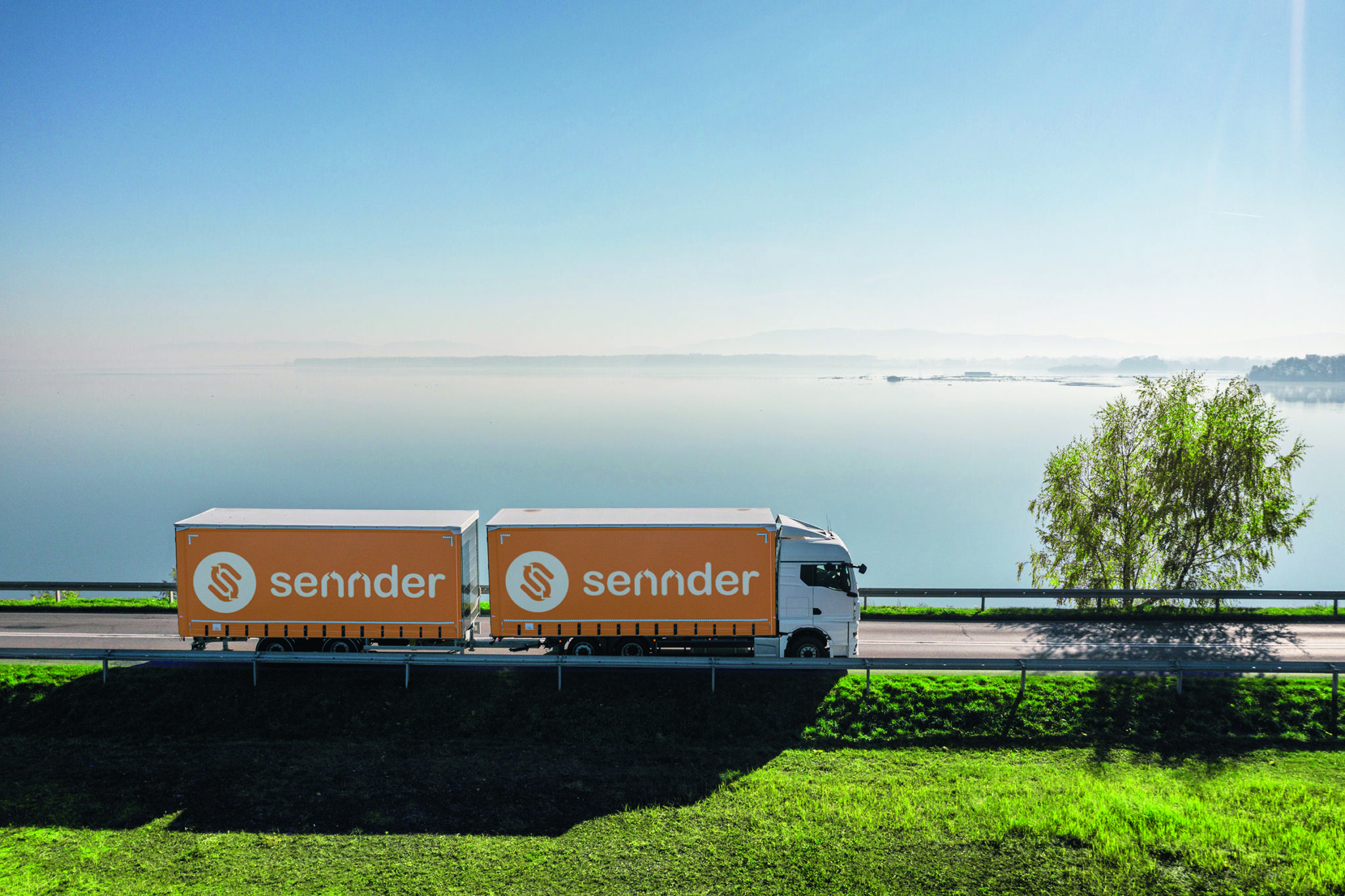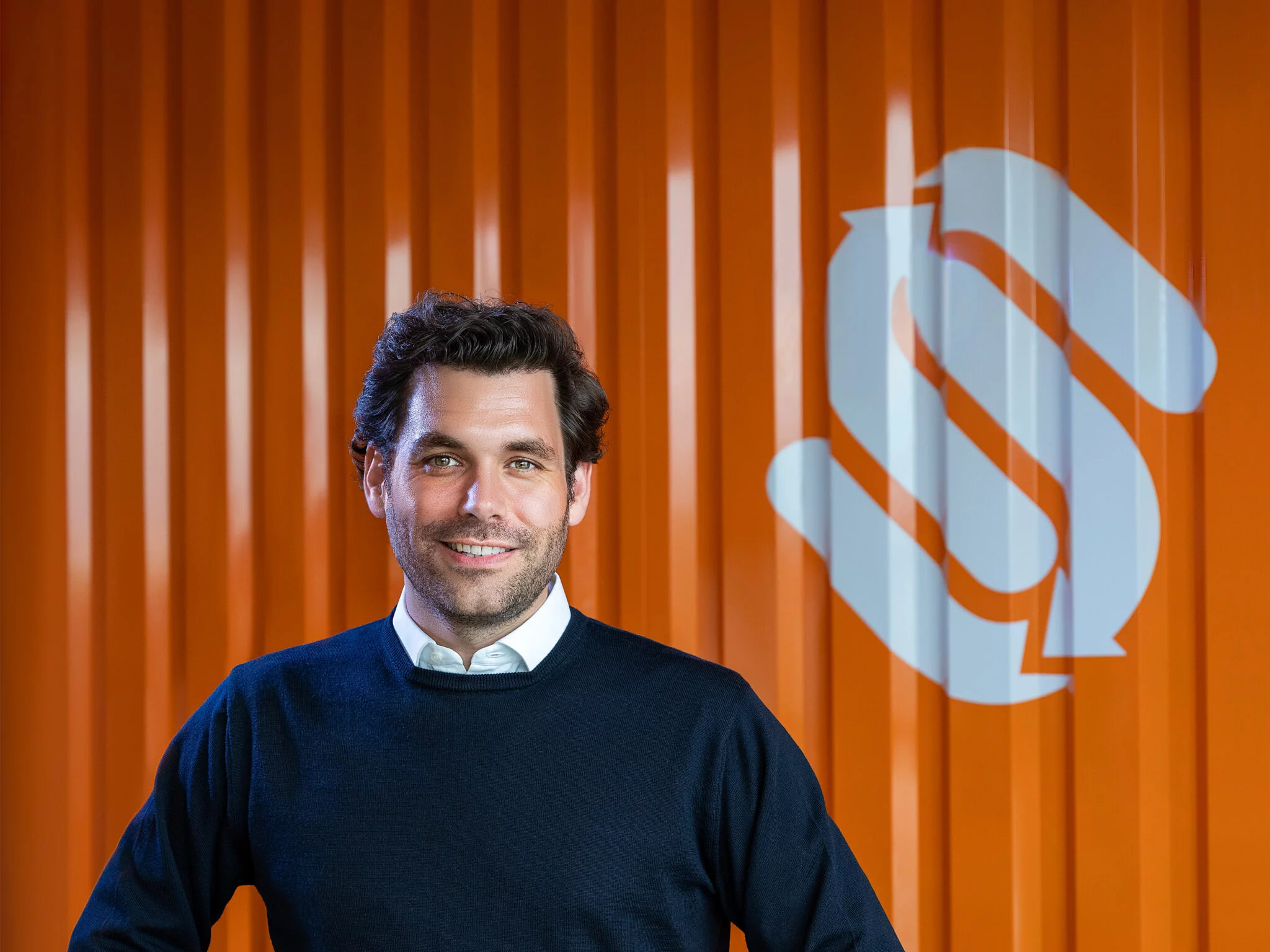Today, sennder Technologies GmbH, a digital road freight forwarder in Europe, announces the acquisition of the European Surface Transportation (EST) operations of global logistics provider C.H. Robinson, one of the world’s largest logistics providers with $22 billion in freight under management and 20 million shipments annually. Through this transaction EST will become part of sennder and may deliver significant growth potential, unlock the full power of network density and technology for the European road freight industry, and accelerate decarbonization efforts.
The combined business will become a Top 5 Full Truck Load (FTL) player in Europe, with a combined revenue of EUR 1.4 billion, with 1700 staff and a European footprint that stretches to more than 20 locations. This will further sennder’s mission to create an efficient and sustainable road freight network in Europe, essential for delivering the products and goods that drive the European economy.
David Nothacker, CEO of sennder, says: “This acquisition will be pivotal in advancing sennder’s roadmap. With its vision to accelerate global trade to deliver products and goods that drive the world’s economy, C.H. Robinson aligns strongly with sennder’s mission and values to create an efficient and sustainable road freight network in Europe. sennOS, the technological powerhouse behind sennder, requires scale and volume density to unlock its full potential. This M&A transaction gives us that scale. We are deeply impressed by the EST team from C.H. Robinson, and with our combined business and enhanced talent pool, we can deliver substantial growth and operational scale, accelerating our European expansion in road freight and increasing network density and
digital capabilities for the benefit of carriers, shippers, and the wider industry. We are excited to welcome the EST team, and embark on the next chapter of sennder’s journey.”
David Bozeman, President and CEO of C.H. Robinson says: “I am convinced that sennder will be a great home for the EST business and will provide good continuity of service to EST customers. We are confident in this strategic decision to drive more focus in our organization and pleased to see the potential for growth and opportunity that this transition brings for the EST team. To win, we
need to focus on what sets us apart and build upon our competitive advantages. While we remain committed to our global forwarding and managed services presence in Europe, and continuing to invest in the region, this clarity of investment is important for the long-term success of our business and employees as well as the value and impact we can offer our customers and carriers.”
EST is one of the leading FTL providers in Europe. It provides a highly complementary offering to sennder, integrating 30 years of industry expertise from the C.H. Robinson team with sennder’s
technology capabilities. Through the transaction, a total of over 6,500 shippers and over 15,000 carriers will become part of the sennder network. sennder and C.H. Robinson are working closely with all groups to ensure a smooth transition that maintains the high standards of service that both sennder and C.H. Robinson’s customers and employees have come to expect.
With the acquisition, sennder continues to enhance and broaden its service offering and furthers its mission to create an efficient and sustainable road freight network in Europe. The combined business will unlock a step change in network density and data capabilities: it will expand shipper and carrier propositions through access to efficient network planning, and to competitive capacity as well as to a broader array of freight opportunities via sennder’s proprietary platform, sennOS.
sennOS, tailored specifically to the European road freight market, will be available to EST customers, giving them access to the most technologically advanced platform in Europe. sennOS will facilitate the integration of the new unit by enhancing efficiency in load management. Shippers will have access to sennOS to digitally manage their transports, gaining full control and visibility over their trucking operations, and accessing the largest and greenest digital carrier network in Europe. Carriers will benefit from higher utilization, fewer empty kilometers, faster payments, and technology that reduces their administrative workload. All customers will benefit from a boost in efficiency in load management, increased operational transparency, and superior service quality.
The closing of the transaction remains subject to only to the completion of the corporate structuring of the EST business unit to be acquired, as well as mandatory employee consultations and
applicable merger control proceedings and is expected to close in Q4 2024. sennder was advised by Evercore on the financial side and Taylor Wessing on the legal side. Terms of the transaction are not disclosed.
read more





